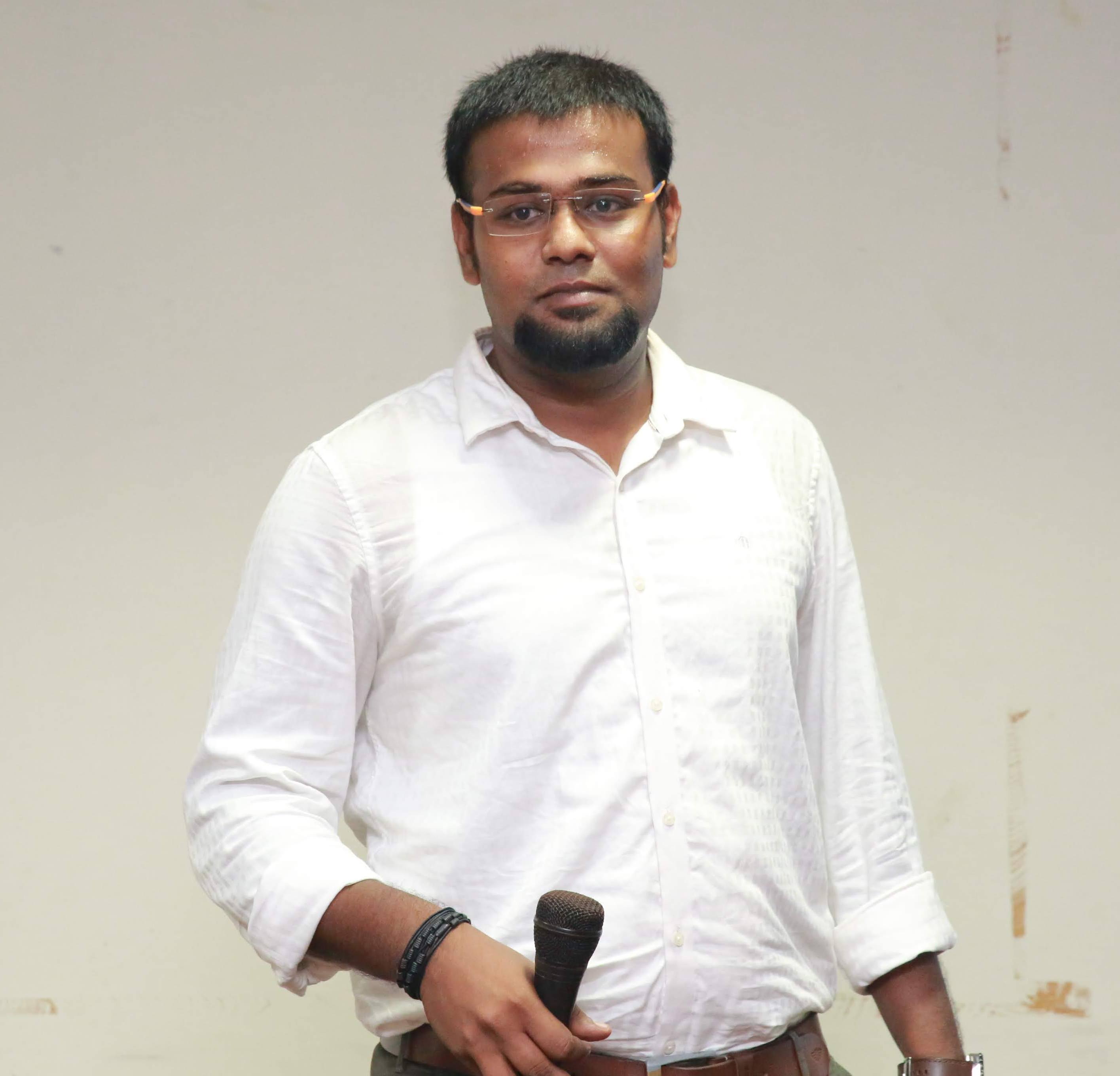KTEK0070 Machine Learning in Digital Manufacturing
University of Turku, Department of Mechanical and Materials Engineering, 2025
Overview
This course offers a comprehensive exploration of Machine Learning (ML) in Digital Manufacturing, showcasing how 📊 data-driven insights and 🤖 intelligent decision-making enhance process monitoring and quality assurance. It begins with an introduction to process quality and in-situ monitoring, emphasizing how real-time data acquisition enables early defect detection and precision optimization. Participants will examine key sensorization technologies 📡—including optical and acoustic systems—and explore data acquisition methods that convert raw sensor outputs into actionable insights. These insights support accurate process control and improved manufacturing reliability.
📌 Key Topics Include
- Introduction to ML in Digital Manufacturing: Concepts, benefits, and real-world applications.
- Process quality and in-situ monitoring: Real-time data capture for early defect detection.
- Sensorization technologies: Optical and acoustic sensors for process control.
- Data processing and statistical methods: Cleaning, transforming, and analyzing raw datasets.
- ML Fundamentals: Data-driven modeling, neural networks, and backpropagation.
- Applications in defect detection and automation: Enhancing efficiency and product consistency.
- Integration of intelligent systems: IIoT, smart factories, and self-adaptive manufacturing.
- Real-world case studies: Use cases in AM, 3D printing, laser-based processing, and surface engineering.
- Future trends and interactive discussions: The role of AI in sustainable and intelligent manufacturing.
🎓 Who Should Attend?
This course is ideal for:
- Graduate students, researchers, and industry professionals interested in ML applications for manufacturing.
- Engineers and analysts seeking to optimize workflows using sensor data and ML-based strategies.
- Professionals aiming to integrate AI-driven control systems for enhanced manufacturing performance.
🏆 Learning Outcomes
By the end of the course, participants will be able to:
- 🔍 Apply real-time defect detection methods using sensorization techniques.
- 🤖 Understand how ML models process sensor data within manufacturing systems.
- 📈 Design and implement ML-driven strategies to improve quality and efficiency in digital manufacturing.
📅 Format & Delivery
- Lectures delivered via in-person sessions.
- Includes interactive labs, quizzes, and project-based assessments.
- Supplementary materials and slide decks available on Moodle.
🔗 Resources
- 📂 Download Slides: Click here
